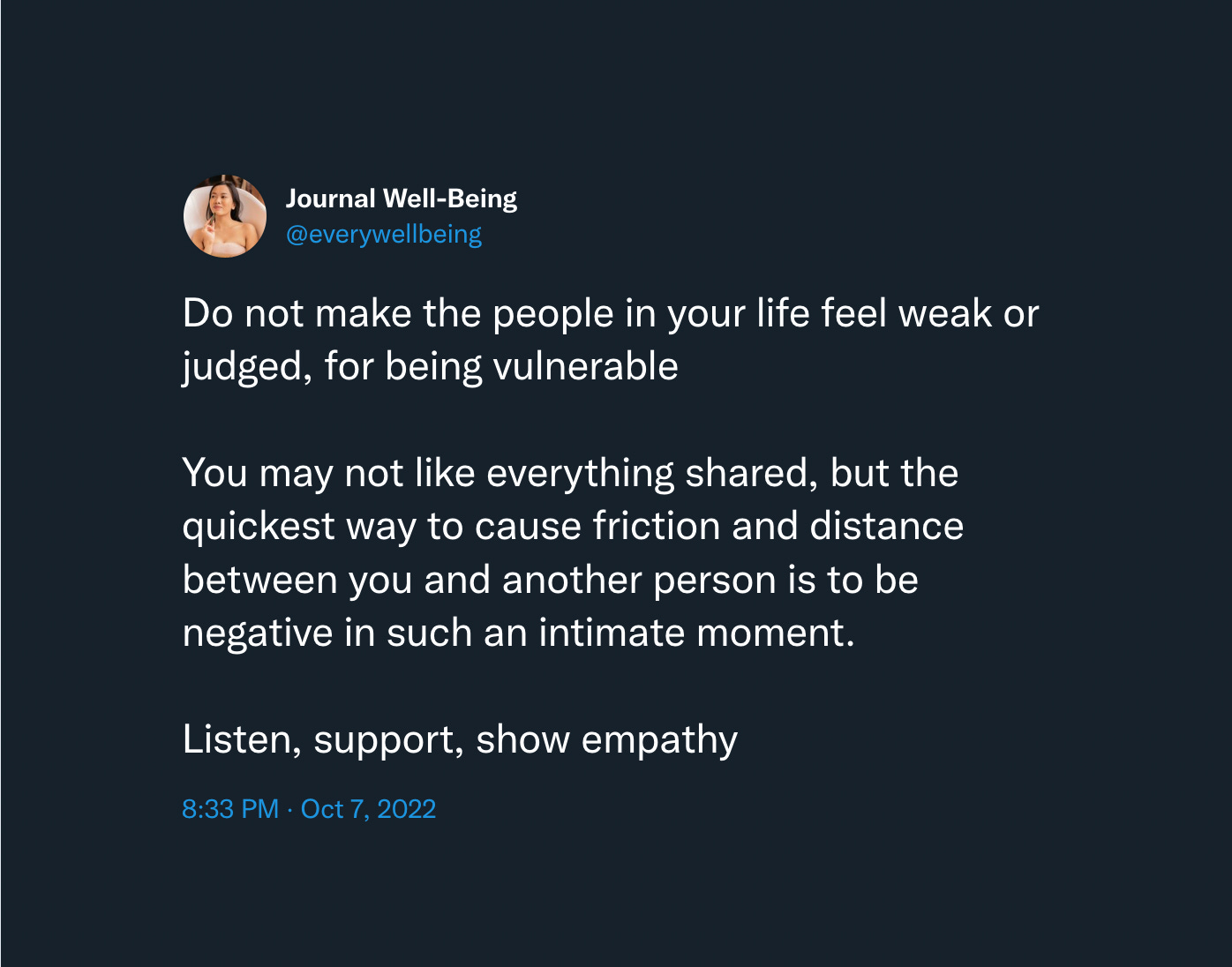“What man ain’t the honestest cove in his own eyes?” Grote’s round face is a bronze moon in the dark. It ain't good intentions what paves the road to hell: it’s self-justifyin’s.” — David Mitchell
We’ve all been there before. We make a mistake or do something we’re not proud of, and instead of owning up to it, we start making excuses.
We self-justify our actions in an attempt to preserve our ego. But we don’t realize that this behavior does more harm than good. It might even be worse than telling someone else a lie.
Self-justification is an insidious habit that can lead us down a dark path. It’s a form of lying to yourself, preventing you from growing as an individual.
We all want to believe that we’re good people, but we’re only deluding ourselves when we self-justify our actions.
What Is Self-Justification, and Why Can It Be Problematic
Self-justification is the tendency to believe your thoughts and opinions. It can be a problem because it can lead us to think that we are right, even when we are wrong.
The first step in overcoming self-justification is to recognize that it exists. Just because you believe something doesn’t make it true. If you can catch yourself self-justifying, you’re already on the right track.
Self-justification is often used as a defense mechanism. When we feel threatened, our first instinct is to protect ourselves. We do this by justifying our actions and thoughts, even if they are inaccurate. This gives us a sense of security and allows us to maintain our egos.
While self-justification can be helpful in some situations, it can also lead to severe problems. When we self-justify, we’re lying to ourselves. We’re convincing ourselves of something that isn’t true. This can prevent us from learning and growing as individuals.
For example, let’s say you got into a fight with your friend. Instead of admitting that you were in the wrong, you justify your actions by saying they deserved it because they said something mean to you first. This self-justification prevents you from taking responsibility for your actions and apologizing to your friend. It also prevents you from learning from the experience and productively resolving the conflict.
Self-justification can also lead to harmful behavior. When we convince ourselves that our actions are justified, we’re more likely to act on them. This can lead to aggression, violence, and other problems.
It’s essential to be aware of the temptation to self-justify. The next time you find yourself doing it, take a step back and consider whether your actions are justified. Remember, because you believe something doesn’t make it so.
There’s nothing wrong with admitting that you made a mistake. It’s often the first step to making things right.
Dangers of Self-Justification
If we’re making excuses for our bad behavior, we’ll never learn from our mistakes and grow as individuals.
Additionally, self-justification can lead us down a slippery slope. Once we start making excuses for our bad behavior, it becomes easier and easier to justify unethical behavior.
In other words, self-justification is a habit that can snowball out of control if we’re not careful.
Last but not least, self-justification is hypocritical.
We often judge others harshly when they make the same mistakes that we’ve made in the past. But when we self-justify our actions, we do the same thing we judge others for doing. We’re hypocrites, which is not a good position for anyone.
Types of Self-Justifying Behavior
There are many different types of self-justifying behavior. Here are some of the most common:
Blaming others: This is when we try to justify our bad behavior by blaming someone else for it. For example, “I only hit him because he hit me first.”
Rationalization: This is when we try to justify our bad behavior by making excuses. For example, “I only cheated on the test because I didn’t have enough time to study.”
Minimization: This is when we try to make our lousy behavior seem not as bad as it is. For example, “I didn’t cheat on the test; I just looked at the answers for a few seconds.”
Denial: This is when we try to convince ourselves that our bad behavior didn’t happen. For example, “I didn’t cheat; I just got lucky.”
Justification: This is when we try to convince ourselves that our bad behavior is good. For example, “I cheated on the test because it’s not fair that other people get to use their phones during the exam.”
“Once you create a self-justifying storyline, your emotional entrapment within it quadruples.” — Pema Chodron
How to Stop Self-Justifying Behavior
If you want to stop self-justifying your actions, the first step is to become aware of your behavior. Pay attention to the excuses you make for your bad behavior. Once you start noticing your patterns, changing them will be easier.
The next step is to start holding yourself accountable for your actions. This means admitting when you’ve made a mistake and taking responsibility for it. It might not be easy at first, but it’s essential if you want to stop self-justifying your behavior.
Last but not least, try to be more forgiving of yourself. We all make mistakes, so don’t beat yourself up too much when you do. Instead, focus on learning from your mistakes and moving on.
Self-justification is a common and dangerous behavior. But with awareness and effort, it’s something that we can all learn to overcome.
All in all, self-justification is something that we should be wary of. It’s a natural tendency, but it can have some dangerous consequences.
So next time you’re tempted to self-justify your actions, think twice. It might be the best decision you make.
© Alejandro Betancourt, 2022. All Rights Reserved.
DID YOU KNOW?
The mouth contains over 700 types of bacteria.
More info.
The hottest chili pepper in the world is so hot it could kill you.
More info.
In older versions of Little Red Riding Hood, the girl and the wolf eat grandma together.
More info.






